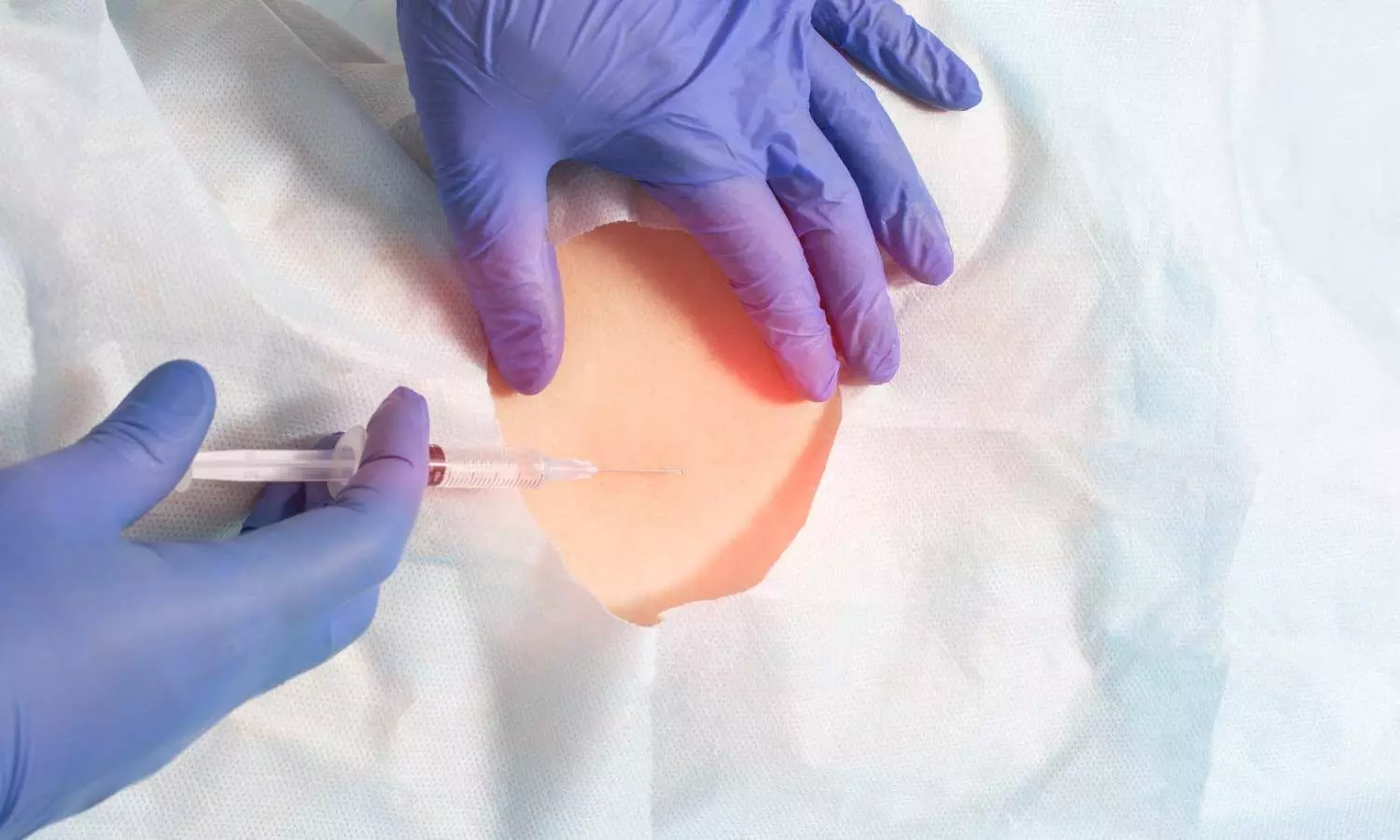Epidural Analgesia Lowers Risk of Severe Perineal Tears in First-Time Mothers: Study
- byDoctor News Daily Team
- 14 October, 2025
- 0 Comments
- 0 Mins

Researchers have established that epidural analgesia, at the expense of augmenting small perineal tears marginally, significantly decreases the risk of extreme perineal injury among primiparous women undergoing vaginal delivery. The results assist in demystifying the long-discussed interaction between epidural administration and perineal outcomes of delivery. The study was published in theInternational Journal of Obstetrics & Gynecologyby Omri D. and colleagues. The research was a tertiary care hospital-based large-scale retrospective cohort analysis from 2012 to 2024. It consisted of 45,132 primiparous women with singleton, term, vertex, and vaginal deliveries. Out of these, 36,799 (81.5%) were given epidural analgesia during labor. Propensity score matching was utilized on a 1:1 basis, and there were 5,974 women in each group for comparison of epidural and non-epidural delivery. Maternal and obstetric factors were controlled to reduce confounding factors. The outcomes measured were any injury to the perineum and OASI, and the results were analyzed with standardized mean difference (SMD) and multivariable logistic regression. SMD of less than 0.1 was regarded as negligible, 0.1 to 0.2 as small, and greater than 0.2 as clinically significant. Following matching, the baseline characteristics of the two groups were generally similar, apart from fetal head station at full dilation, which was raised marginally in the non-epidural group (0.90 ± 0.9 vs. 0.66 ± 0.8; SMD = 0.239). Perineal trauma was experienced by 82.2% of the women who were given epidural analgesia but only 78.2% of those who were not, demonstrating a small difference (SMD = 0.10). Upon further analysis, epidural use was identified to be linked with an increased risk of minor perineal trauma only in the absence of any episiotomy (aOR 1.321; 95% CI: 1.225–1.425; P < 0.001). This association is lost when episiotomy was undertaken. On the other hand, epidural analgesia was protective against OASI in both instances, with or without an episiotomy. The adjusted odds ratio was 0.492 (95% CI: 0.285–0.849; P = 0.011) with episiotomy and 0.592 (95% CI: 0.424–0.825; P = 0.002) without episiotomy. Epidural analgesia in term vaginal delivery for primiparous women was linked with a minimal increase in minor perineal trauma but with a significant reduction in obstetric anal sphincter damage. The results confirm the safety and possible protective effect of epidural use with respect to severe perineal trauma. In summary, epidural analgesia continues to be an excellent option to administer pain in labor without jeopardizing perineal outcomes. Dominsky, O., Attali, E., Amikam, U., Gold, R., Greenberger, C., Yogev, Y., & Baruch, Y. (2025). The association between epidural analgesia and perineal injury in primiparous women: A propensity score-matched cohort study. International Journal of Gynaecology and Obstetrics: The Official Organ of the International Federation of Gynaecology and Obstetrics, ijgo.70578.https://doi.org/10.1002/ijgo.70578
Disclaimer: This website is designed for healthcare professionals and serves solely for informational purposes.
The content provided should not be interpreted as medical advice, diagnosis, treatment recommendations, prescriptions, or endorsements of specific medical practices. It is not a replacement for professional medical consultation or the expertise of a licensed healthcare provider.
Given the ever-evolving nature of medical science, we strive to keep our information accurate and up to date. However, we do not guarantee the completeness or accuracy of the content.
If you come across any inconsistencies, please reach out to us at
admin@doctornewsdaily.com.
We do not support or endorse medical opinions, treatments, or recommendations that contradict the advice of qualified healthcare professionals.
By using this website, you agree to our
Terms of Use,
Privacy Policy, and
Advertisement Policy.
For further details, please review our
Full Disclaimer.
Recent News
DME Haryana round 3 NEET counselling dates revised
- 27 October, 2025
Hospital lapse: GB Pant website continues to name...
- 27 October, 2025
NEET counselling: MP DME releases final vacancies...
- 27 October, 2025
Novo Nordisk gets MHRA nod for Concizumab to preve...
- 27 October, 2025
Daily Newsletter
Get all the top stories from Blogs to keep track.


0 Comments
Post a comment
No comments yet. Be the first to comment!